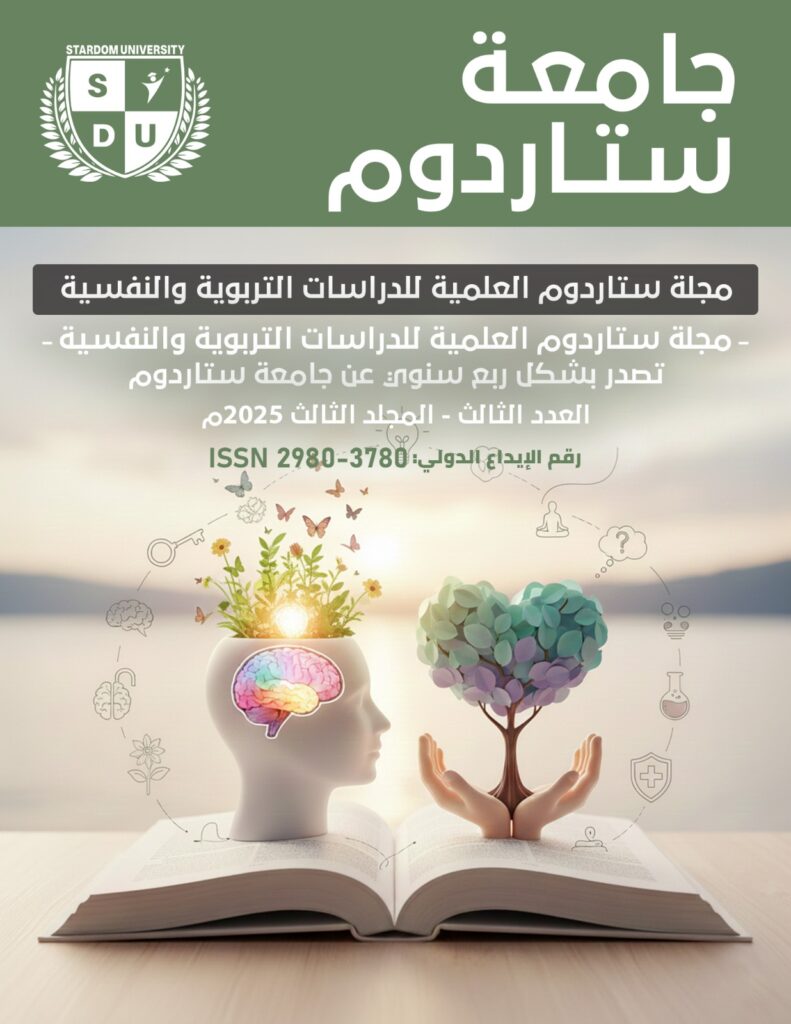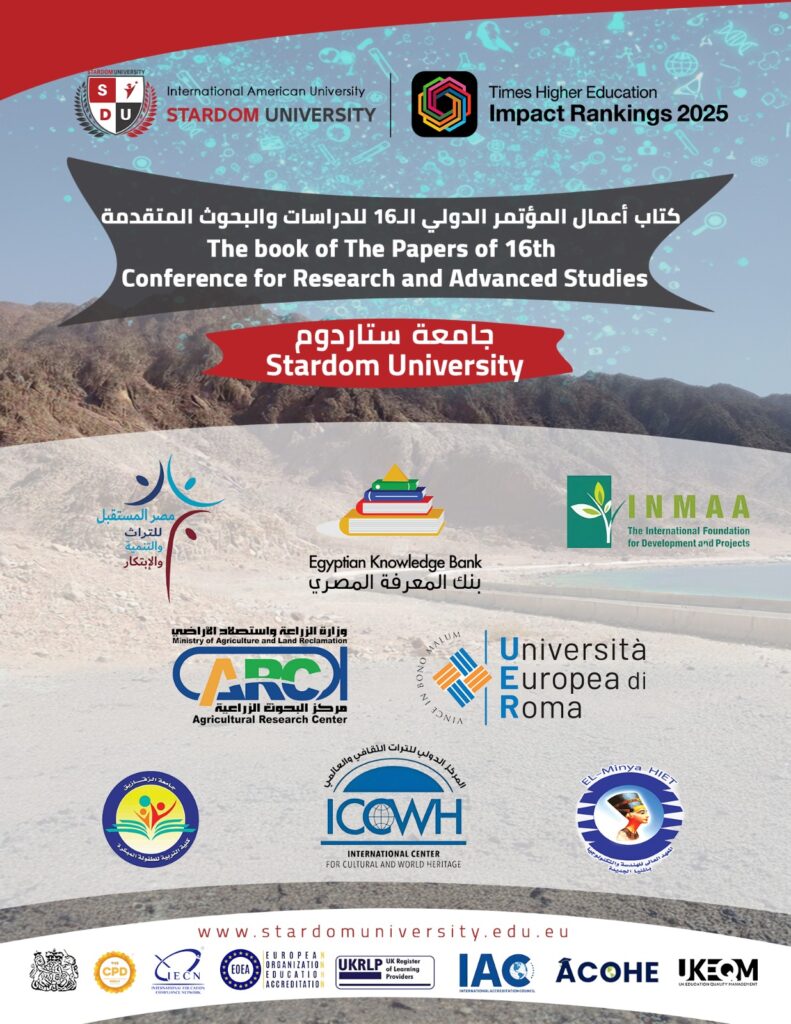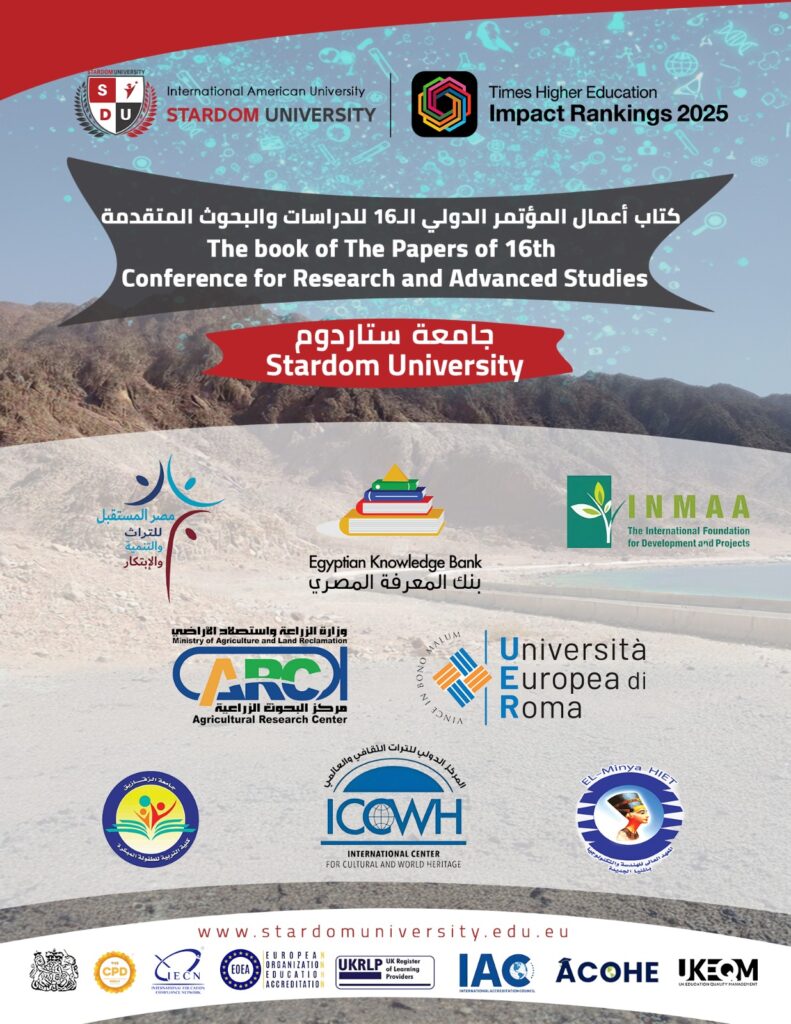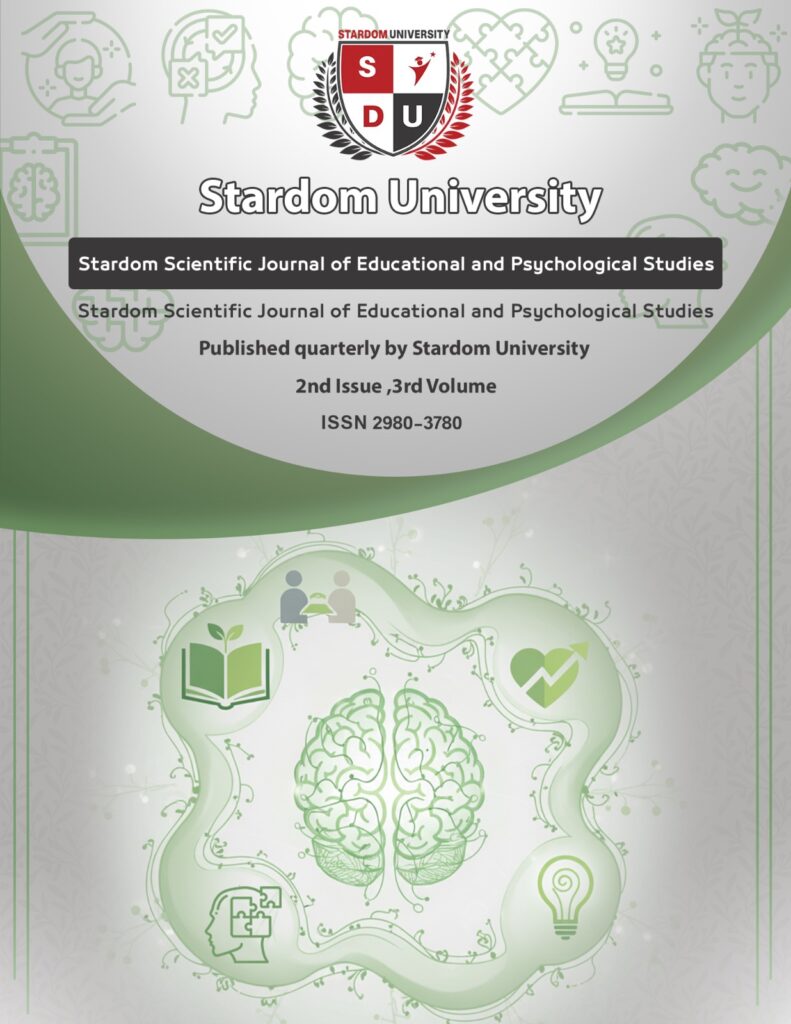- Stradom Journal
This study aimed to identify the reality of e-learning in schools in the southern governorates of Palestine from the teachers’ perspectives and to reveal the significance of differences in the averages of the sample members’ evaluation of the reality of e-learning attributed to the study variables. It also proposed a scenario for sustaining e-learning during crises and emergencies. The researcher employed the descriptive analytical method. The study population consisted of (4,786) teachers, while the sample included (413) participants, distributed as follows: (129) male teachers and (284) female teachers, selected through simple stratified random sampling.
The study tools included a questionnaire designed to explore e-learning. The researcher used SPSS to analyze the study data. The results showed that the quality of e-content and its adherence to curriculum standards ranked first, while the readiness of the infrastructure required for implementing e-learning ranked last. The study also revealed statistically significant differences at the level of significance (α ≤ 0.05) in the sample’s evaluation averages attributed to gender, favoring male teachers. However, no statistically significant differences were found related to educational qualification or years of service.
The study proposed a scenario for sustaining e-learning during crises and emergencies and recommended several measures, most notably developing technological infrastructure and focusing on technological courses during the university-level teacher preparation phase.






